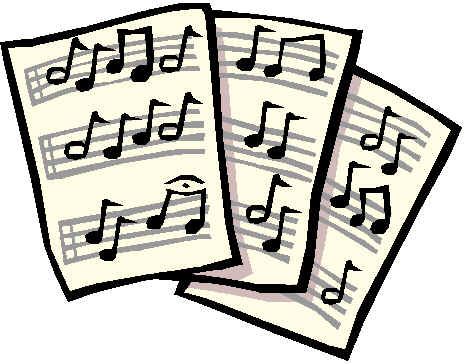Article
Alcohol Brand Names in Music Lyrics Tied to Binge Drinking in Adolescents
Author(s):
Recalling alcohol brand names mentioned in song lyrics is associated with adolescent alcohol consumption, according to research published in Alcoholism: Clinical & Experimental Research.

Recalling alcohol brand names mentioned in song lyrics is strongly associated with binge drinking among teenagers and young adults, according to research published in Alcoholism: Clinical & Experimental Research.
Researchers from the University of Pittsburgh Schools of the Health Sciences surveyed more than 3,422 people aged 15-23 years about their music exposure. Of that group, 2,541 (53%) continued to a web-based survey that included questions about liking and owning popular songs with alcohol brand name mentions and correctly recalling the specific brands mentioned in the songs. The researchers then cross-referenced the data with measures that included ever having consumed a complete drink of 12 oz. beer, 5 oz. wine, or 1.5 oz. hard liquor; ever binge drinking; bingeing at least monthly; and having experienced problems, such as injury, from alcohol use.
The results showed 1,488 participants (59%) had consumed a complete alcoholic drink, 18% reported bingeing, and 37% reported having problems due to alcohol use. The participants who correctly recalled specific alcohol brands in songs were more than 2 times as likely to have drank a complete alcoholic drink, compared to those who could not recall the brand. Those who recalled the brands were additionally more likely to have binged drank — a finding that held true even after adjusting for factors such as age, socioeconomic status, and alcohol use by friends or parents.
The study found the average adolescent is exposed to 2.5 hours of music and about 8 references to alcohol brands daily. Lead author Brian A. Primack, MD, PhD, said that equates to about 3,000 alcohol references per year.
“A surprising result of our analysis was that the association between recalling alcohol brands in popular music and alcohol drinking in adolescents was as strong as the influence of parental and peer drinking and an adolescent’s tendency toward sensation-seeking,” Primack said in a press release. “This may illustrate the value that this age group places on the perceived opinions and actions of music stars.”
The study also underscored the influence of advertising on adolescents, even when the alcohol brands are not paying for the song references.
“Media literacy is a growing educational methodology that may be successful in helping young people make healthier decisions,” Primack continued. “In the case of alcohol, it may be valuable to help them understand how alcohol-brand references in music may manipulate their thoughts and emotions to sell them a product.”



